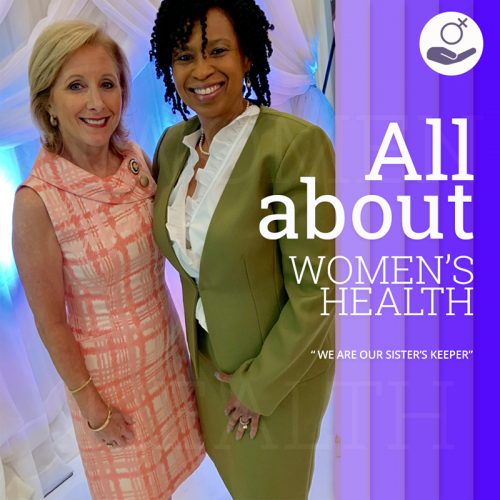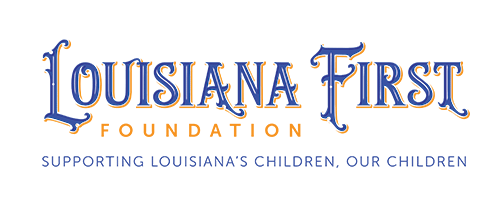Women\’s Health
WOMEN\'S HEALTH BLOG August 2019
Words from Kimiyo Harris Williams, M.D., FAAP
“We Are Our Sister’s Keeper”
Plagued by an increased prevalence of illness and disease, we must navigate the health care world with knowledge and understanding to help improve healthcare outcomes. Cardiovascular disease is the leading cause of death in women. The Center for Disease Control (CDC) reports that 1 in every 5 female deaths in the United States is a result of heart disease. It is the leading cause of death for both African American and Caucasian women in the United States. In American Indian and Alaska Native women, heart disease and cancer are about the same in the number of deaths each year. In the Hispanic, Asian and Pacific Islander women, heart disease is second only to cancer as a cause of death according to the CDC report.
Women in Louisiana have very high mortality rates as it relates to cardiovascular disease. The CDC reported that in 2015-2017, women age 35 years old and older in Louisiana had among the highest death rates as a result of heart disease. The Age-Adjusted Annual Average death rates were as high 301.9-644.9 per 100,000 deaths. This striking fact is a result of multiple factors. Some of these factors include a lack of awareness about the signs, symptoms, and prevention of heart disease.
The alarming statistics about the incidence of heart disease became a personal reality ten days after my mom celebrated her 55th birthday. She felt severe pain in both hands. Disregarding the pain as a “hand strain” because she was in the process of moving, she did not seek medical attention. However, because the pain persisted for two days she was taken to the emergency room expecting to get a prescription for an “anti-inflammatory or muscle relaxant.” While in the ER, the pain worsened in her left hand. It traveled to her left arm and then into her chest. Reflectively, she recalled having shortness of breath while lifting a box a week prior. The workup in the ER showed that she was having a heart attack. Thankfully, she was treated and is healthy today.

Remember to encourage your sister, mother, grandmother, godmother, daughter, niece and friend to have annual exams and to seek immediate medical attention if they experience any signs or symptoms of heart disease.
This brings to light the importance of being aware of the symptoms of heart disease. These symptoms include angina, which is a dull and heavy or sharp chest pain or discomfort; pain in the neck, jaw, throat, upper abdomen or back; nausea, vomiting and fatigue. However, as in my mom’s case, heart disease can be silent and is sometimes not diagnosed until there is an emergency like a heart attack, arrhythmia or heart failure.
In addition to knowing the symptoms, we must understand the risk factors for heart disease. These include high blood pressure, high LDL (low-density lipoprotein) cholesterol and smoking. Knowing your family history is also important. Other factors that can increase your risk of heart disease involve lifestyle and other medical conditions. These include diabetes, overweight or obesity, eating an unhealthy diet, physical inactivity and drinking too much alcohol.
As women, we must know our bodies. We have to slow down long enough to assess what is normal and abnormal. Make it a priority to have regular physical exams, regularly monitor and keep our blood glucose and blood pressure under control, eat healthy and exercise regularly in accordance to your doctor’s recommendation, quit smoking and manage stress. Taking care of ourselves will afford us the ability to care for those we love. Remember to encourage your sister, mother, grandmother, godmother, daughter, niece and friend to have annual exams and to seek immediate medical attention if they experience any signs or symptoms of heart disease. Make your annual physical exam day a “Girlfriend Day” where you take care of your body, mind and soul. Schedule your exams with your individual providers on the same day as someone you love and afterwards meet up for a spa day, have lunch or just hangout.
We are our sister’s keeper but we must first be our own keeper!!!
For more information on Heart Disease visit: www.heart.org.

